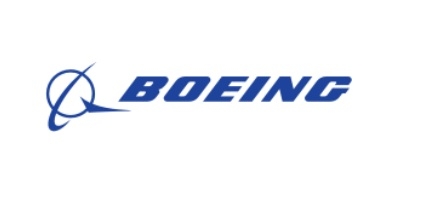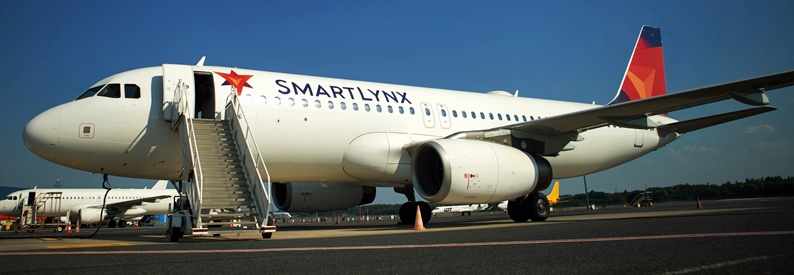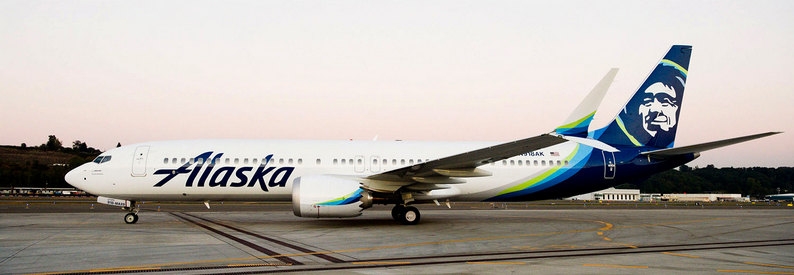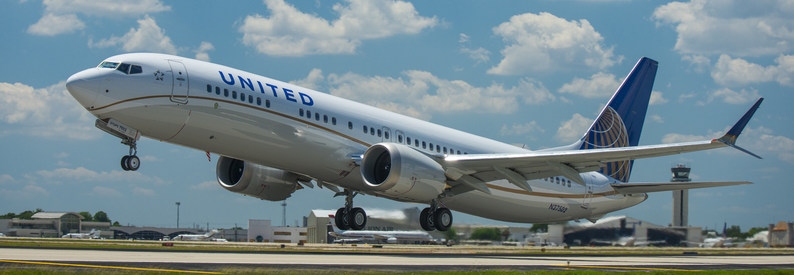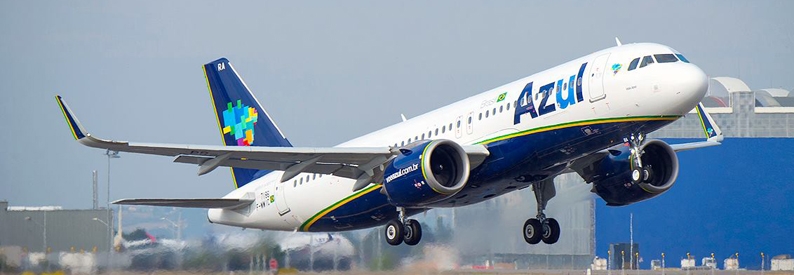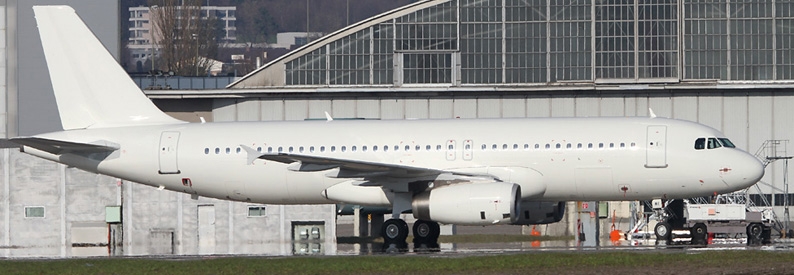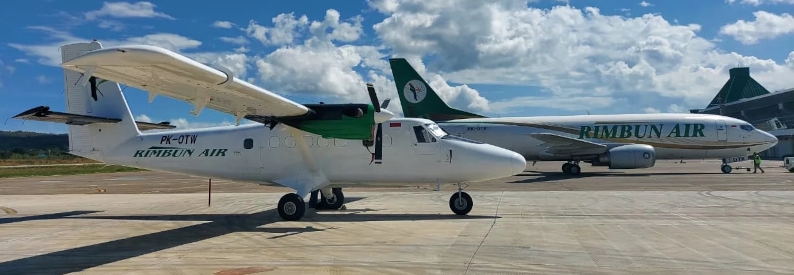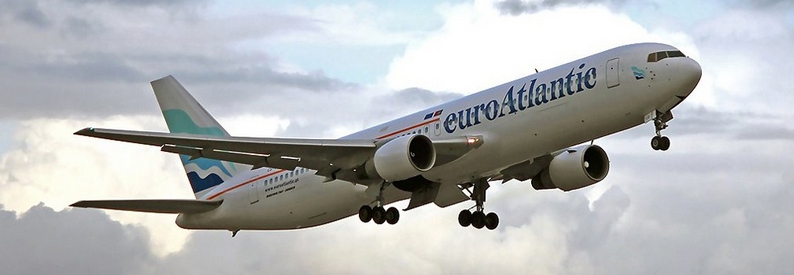Rolls-Royce has warned that the number of B787-8s and -9s grounded for the required checks of Trent 1000 Package C engines may grow from the current around thirty-five to fifty in the first week of June, ahead of the June 9 deadline for inspections mandated by the Federal Aviation Administration (FAA).
"We fully recognize the unacceptable levels of disruption our customers are facing. While we expect the number of aircraft affected to rise in the short term as the deadline for the completion of initial inspections approaches, we are confident that we have the right building blocks in place to tackle the additional workload," President (Civil Aerospace) Chris Cholerton has said.
It is recalled that in March, Rolls-Royce, in conjunction with the European Aviation Safety Agency (EASA), issued an Airworthiness Directive (AD) requiring operators of Package C Trent 1000 powerplants to carry out earlier than usual maintenance checks on a specific part of the engine compressor. This check was already required prior to the engine reaching a threshold of 2,000 cycles, although the EASA later reduced that timeframe to just 300 cycles.
In addition, in early May the FAA issued another directive effectively limiting affected B787s' ETOPS capabilities, forcing the operators to remain within a 60-minute diversion range at all times.
Operators of the affected Trent 1000 engine variants (the -A2, -AE2, -C2, -CE2, -D2, -E2, -G2, -H2, -J2, -K2, and -L2) include British Airways, Thai Airways International, Air Europa, Avianca, Ethiopian Airlines, LOT Polish Airlines, Norwegian, Norwegian UK, Scoot, Air New Zealand, Royal Brunei Airlines, Virgin Atlantic, and LATAM Airlines. Most of these airlines have at times reduced their B787-operated schedule to allow for the increased downtime, with some carriers wet-leasing capacity to cover for the grounded B787s.
